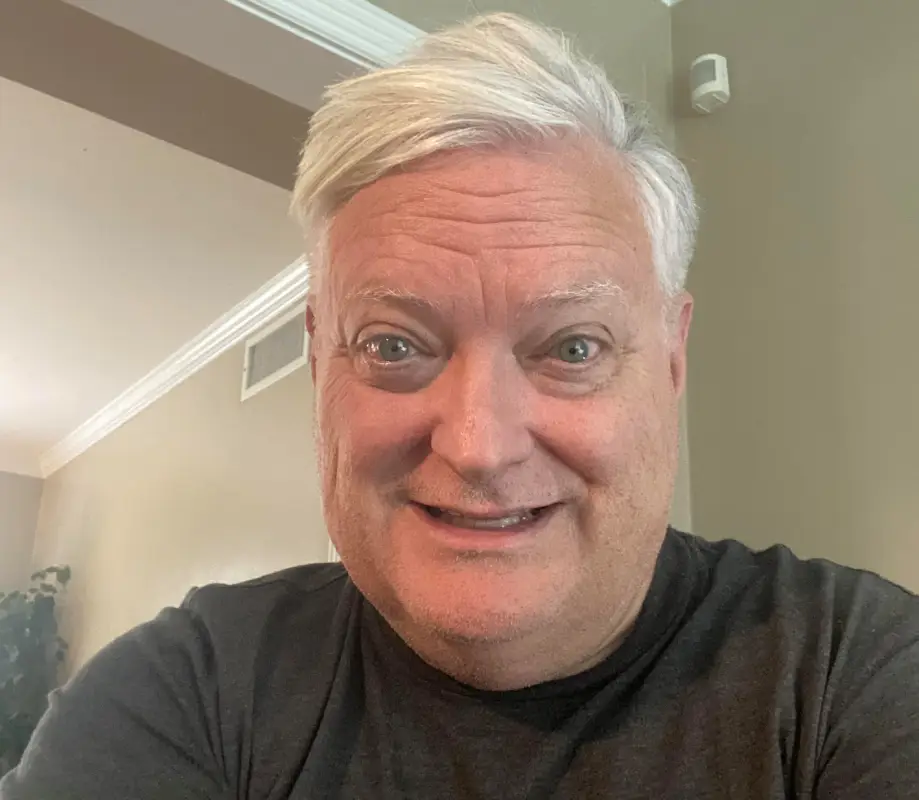
Brannon La Force
About
Hello! My name is Brannon La Force and I hail from Dallas in the great state of Texas. I have been in the mental health field for 36 years and have worked in a variety of treatment settings, including a forensic hospital, a sex offender treatment program, and a maximum security mental health prison. I hold a bachelor's degree in History from Asbury University, a master's degree in counseling from the University of South Alabama, and I am ABD (all but dissertation) for a PhD in Clinical and Health Psychology from Walden University. I currently run a virtual private practice and see clients in the states of Alabama, California, Florida, Kansas, Oregon, Texas, and Virginia. I specialize in personality disorders, trauma and relationship issues. In addition to treating forensic patients on a competency to stand trial unit, sex offenders detained in a state facility, and inmates in a maximum security mental health prison, I have also treated intellectually disadvantaged adults with challenging behaviors in Australia, genocide survivors in Rwanda, sailors in the US Navy in Bahrain, clients in crisis in hospital emergency rooms, inpatient psychiatric patients, and clients in community mental health. However, the majority of my career has been in private practice. I am the father of three adult children and three grandchildren. My two daughters are both therapists, while my son is a chemist. I enjoy traveling, spending time with my grandson, seafood and Crimson Tide football. I have traveled to 43 states and 35 countries and keep a small apartment on the island kingdom of Bahrain.
What made me want to specialize in working with autistic and neurodivergent clients is both professional and deeply personal. Over the course of my 36-year career in mental health, I’ve had the privilege of working with an incredibly diverse range of individuals—from forensic patients and trauma survivors to people navigating severe mental illness and intellectual disabilities. Each experience has taught me that there is no “one size fits all” in therapy—especially for those whose brains are wired differently.My passion for working with neurodivergent clients grew organically from my time serving intellectually disadvantaged adults in Australia and later, in my private practice, where I began to see more clients who were on the autism spectrum or had ADHD. I found myself drawn to the unique perspectives, honesty, and depth of insight many neurodivergent individuals bring to the therapeutic process. They often experience the world in ways that defy convention—and I believe those differences should be understood, respected, and celebrated, not pathologized.What inspires me most is the resilience I see in neurodivergent clients who have often spent a lifetime feeling misunderstood. Helping them find their voice, reduce distress, and strengthen relationships aligns with my core mission as a therapist: to offer support that is both compassionate and tailored to the individual.I’m also a father and a grandfather—and being surrounded by the next generation has deepened my commitment to creating a world where neurodiversity is not only accommodated but welcomed. With each client, I strive to offer a space where authenticity is honored, communication is accessible, and growth is possible on their terms.In the end, I specialize in working with neurodivergent individuals because I see extraordinary value in who they are—not just in how they struggle, but in how they thrive.
Throughout my 36-year career, I’ve learned that the most meaningful change happens when clients feel truly seen—not just for their challenges, but for their strengths, insights, and resilience. I bring an affirming and strength-based approach to my work by starting with the belief that every client, including those who are neurodivergent, already possesses the internal resources needed to grow and thrive. My role is to help them recognize and access those strengths.Whether I was working with intellectually disadvantaged adults in Australia, survivors of genocide in Rwanda, or individuals navigating complex trauma in forensic settings, one truth remained constant: people are more than their diagnoses or behaviors. I approach each client with curiosity, respect, and the understanding that neurodivergent minds process and experience the world in beautifully unique ways. I don't view autism, ADHD, or other neurodivergent traits as deficits, but rather as differences that bring value, creativity, and depth to the human experience.In my virtual private practice, which spans seven states, I integrate each client’s lived experience into our work. I affirm their identity, validate their needs, and tailor treatment strategies that build on what’s already working for them. I aim to create a therapeutic environment that emphasizes autonomy, celebrates progress, and reframes challenges as opportunities for growth rather than signs of limitation.By centering dignity, authenticity, and collaboration, I help clients discover their voice, set their own goals, and define success in ways that are meaningful to them. That, to me, is the essence of affirming, strength-based care.

.webp)




